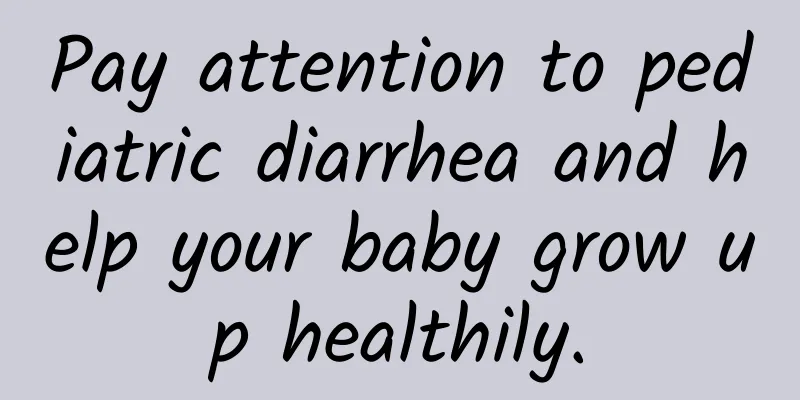Consequences of cervical removal

|
Cervical resection is a treatment method used by many women, mainly used to treat malignant diseases such as cervical cancer. Cervical resection can ensure women's health and free them from the trouble of illness, but this operation also has certain side effects, such as causing depression, urinary system problems, sexual dysfunction, ovarian dysfunction, and even causing female urinary and fecal incontinence.
The endocrine regulation of the uterus and ovaries forms a feedback system with the central nervous system. After hysterectomy, this feedback loop is disrupted. In particular, when estrogen levels drop, it interferes with the normal secretion and metabolism of central neurotransmitters, which can cause varying degrees of anxiety and depression symptoms. 2. Cervical resection causes urinary system problems The female urinary system is homologous to the reproductive system and is both an estrogen-dependent organ. After hysterectomy, the estrogen level decreases, which can cause the elastic tissue around the urethra to thin, resulting in urinary incontinence, which can easily induce urinary tract infection and a series of urinary tract irritation symptoms such as frequent urination, urgency, and pain when urinating.
Estrogen is the most important regulating hormone for female sexual function, and the ovaries are the main secretory organs. After hysterectomy, the blood supply and function of the ovaries are affected. Most women will experience varying degrees of changes in sexual function, such as decreased or lack of libido, decreased sexual responsiveness, difficulty in orgasm, and decreased sensation in the reproductive organs. 4. Ovarian dysfunction after cervical resection Before menopause, the endocrine system between the uterus and ovaries maintains a precise and subtle dynamic balance. Hysterectomy will inevitably disrupt this balance and may cause ovarian function to decline, making menopausal symptoms earlier and more obvious.
Many women have a permanent, intense pain in their nerve pathways. The pain radiates from the lower back, through the buttocks and down to the back of the knee, making sitting or walking painful. 6. Cervical resection causes incontinence After hysterectomy, the support function of the pelvic floor is weakened, and the loss of sensation due to pelvic nerve removal may lead to urinary incontinence, chronic constipation and fecal incontinence. |
<<: How to relieve the pain after the operation
>>: What are the harms of cervical removal?
Recommend
Infertility after miscarriage
In real life, some female friends will choose to ...
Let me tell you something: How does the "socket" recover after tooth extraction?
Did any of you suffer from wisdom tooth inflammat...
Seven-day diet for women during menstruation
Menstruation is a critical period for women. Duri...
What is the reason for protruding labia minora?
Many female friends are troubled by gynecological...
[Medical Q&A] Does eating too much greasy food the night before having a blood test affect blood lipids?
Author: Jia Mei, Chief Physician, Peking Universi...
How to treat genital body odor
We should not discriminate against people with bo...
What causes itchy left nipple?
Breast diseases in women are relatively common, e...
The dangers of wearing a ring
In order to prevent accidental pregnancy during s...
Pregnancy two days before menstruation
We all know that a woman's month is divided i...
“It’s better to be infected once than to be vaccinated”? Authoritative response →
On the afternoon of December 13, the State Counci...
Pets, a companion that comforts the soul
The saying "accompany is the longest confess...
Peking Union Medical College doctor says: Your child is not growing taller? Seize the spring growth season!
In April, everything grows. Spring is also a peri...
Sequelae of hysteroscopic polyp removal
In the process of actual treatment, every hystero...
In the north, the flower language of cabbage is that winter is coming...
Rose Flower Language – Love Lily Flower Meaning -...
What are the symptoms of Bartholin's cyst?
Bartholin's cyst is a common symptom among gy...









